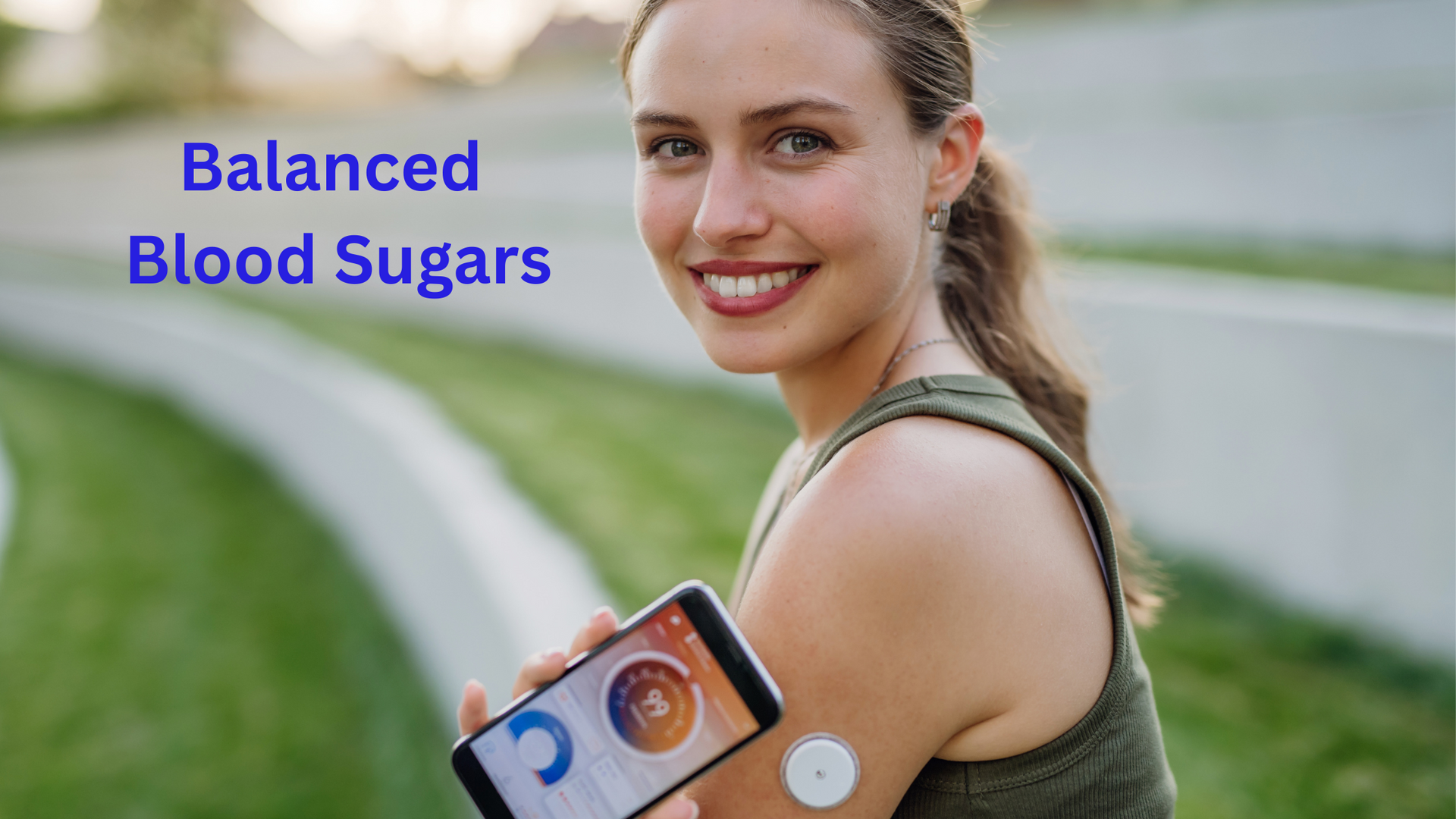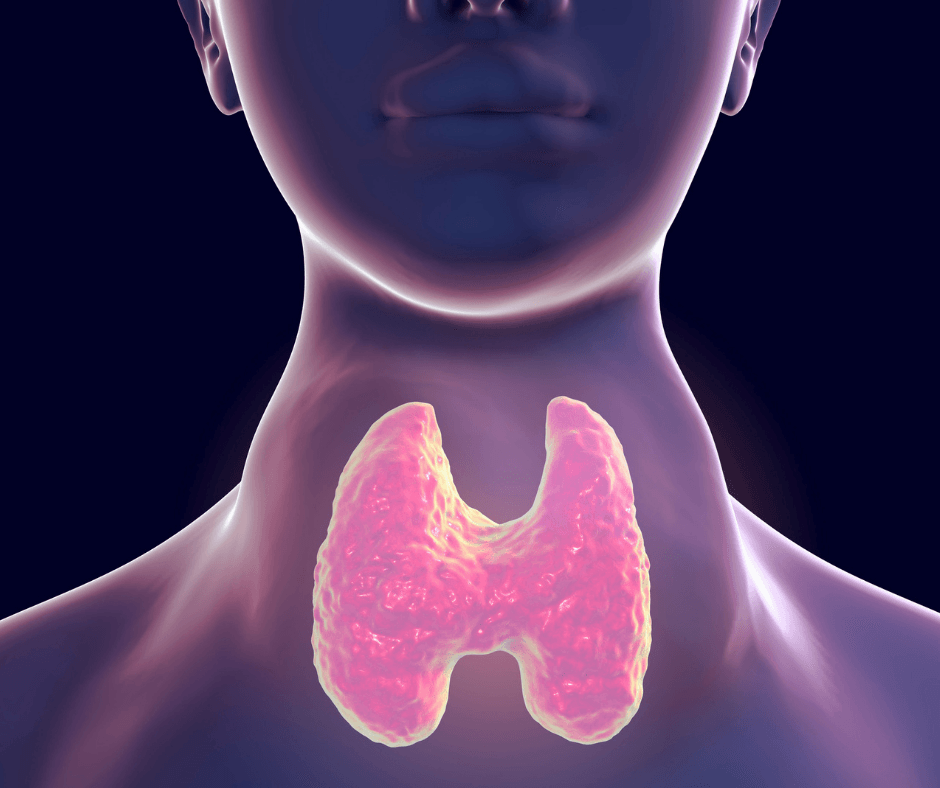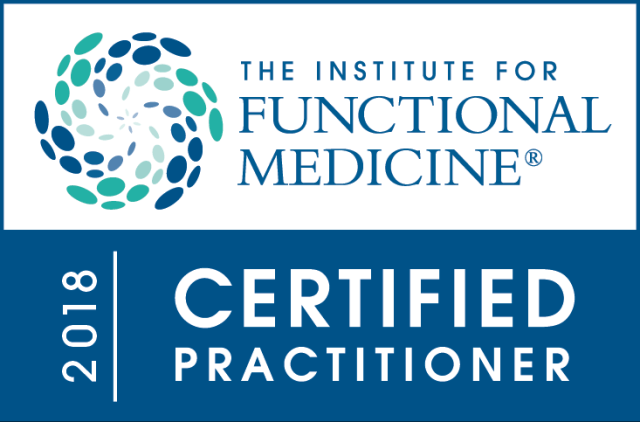Say Goodbye to Chronic Stress
April is National Stress Awareness Month

What is Stress?
Stress is a normal reaction our bodies undergo when change occurs either emotionally, physically or mentally.
Stress is our bodies reaction to change that requires a response or adjustment either physically, emotionally or mentally. Everyone always thinks of stress as negative, but even positive changes in our lives cause stress such as getting married or receiving a promotion at work.
How Does Stress Affect Us?
Our bodies have mechanisms to handle stress. Stress can be positive by keeping us awake, aware & ready to avoid danger. Stress becomes a negative aspect in our lives, when our bodies are in constant, ongoing & “chronic” stress.
This ongoing, chronic stress state causes “wear & tear” on our bodies physically, emotionally and mentally. In essence, our bodies are not able to rest and recover.
With chronic or ongoing stress, this can lead to fatigue, headaches, stomach issues, elevated blood pressure, chest pain, problems sleeping, depression, anxiety, worry, heart disease, cancer and other chronic diseases. As you know, everyone is unique, so how one person responds to stress may be completely different than another person.
What are some Tips to Decreasing Stress?
- Taking care of yourself!
It is so easy to say and sometimes so hard to do!
- Eating healthy, well balanced meals.
What you put into your body is either medicine or poison.
- S taying well hydrated with water.
In general, most people need 1/2 their body weight in ounces. For example, a 150 pound person needs ~75 ounces of water daily.
- Taking time to enjoy your hobbies or interests.
Also, spend time with people you enjoy hanging out with.
- Exercising
—although if your cortisol is low from adrenal fatigue—you need to be taking it easy and not be performing strenuous exercise. Please consult with your doctor to see what exercise is best for you.
- Rest
—make sure you are getting enough quality sleep every night.
-If you are overwhelmed and don’t know how to decrease your stress, a life coach or counselor
may be helpful.
If you have tried all of these tips and continue to have symptoms associated with stress, please schedule a FREE 15 minute Consult
with New Beginnings Functional Medicine Clinic
and see how Functional Medicine can benefit you! Contact New Beginnings Functional Medicine Clinic
by email @ Staff@NewBeginningsFMC.com
or call 970-305-0101
.
References:
https://my.clevelandclinic.org/health/articles/11874-stress


Dr. Shannon's Blog











